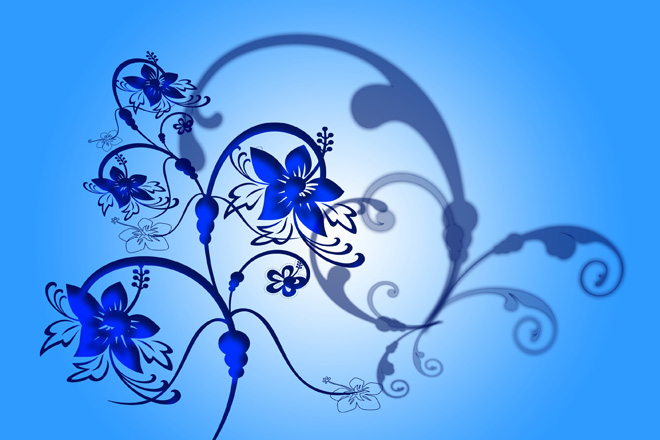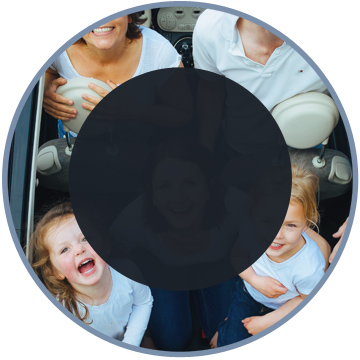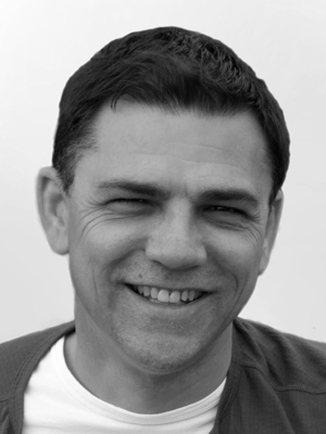|
Our normal expectation of grief is that it will diminish in intensity over time, and for most people this is what happens.
However, this doesn't happen for everyone. For some people the pain of grief will stay around the same size, regardless of how much time has passed. You might expect this to happen with the death of a child, however this can also happen after losing a life-long partner, or a parent you were very close to. Sigmund Freud himself experienced 'chronic mourning' after his daughter died, which he reflects on in a 1939 letter to his friend, Ludwig Binswanger, describing his own grief as "inconsolable". For the last 20 years Dr Lois Tonkin, a grief counsellor, has been teaching people a different way of understanding this kind of grief. I really like her idea, and have used it with many of the people who come to see me, because it allows room for hope. Lois Tonkin called it, growing around grief. It has also come to be called the fried egg model of grief, for obvious reasons... Growing around grief
The circle represents our life before someone we are close to dies...
When they die they leave a big black hole in our lives...
Over time this hole gets smaller and becomes less painful...
However for some of us the hole of grief stays about the same size, and instead we begin to grow our lives around it...
background image by tookapic
Lois reminds us that over time we will encounter new people and have new experiences, which get added to the tapestry of our lives. It is this ever-growing tapestry which helps us to cope with the pain of grief.
And while there will be times when you will be reminded of your grief, and it may feel overwhelming, this 'tapestry' you have woven will still be there. I am also reminded of the value of sadness in grief, because sadness is really the continuation of love. Using the 'fried egg model' in the counselling room
As a therapist one thing I can do to help, is to 'normalise' grief. The most frequent question I am asked is whether a person's experience is normal or not, and it's not an unnatural question to ask.
Because grief can be such an extreme experience, it's also important to offer hope. Things will not always be like this; people can and do find new meaning in their lives. For me as a therapist what is helpful about Lois' idea is that it increases my awareness of new possibilities. I can look to help the person I am with to add some more threads to the rich tapestry of their life.
main picture by geralt
Related articles...
0 Comments
Leave a Reply. |
Categories
All
Archives
January 2021
|
BioI'm Mark, a Humanistic Counsellor. |
Home - Testimonials - Articles - Links - Contact - Book Appointment - Counselling Students - Privacy Policy - Terms
Mark Redwood, BA (Hons) Counselling, MBACP
© Mark Redwood 2015, 2016.2017 | Main portrait by Doug Freegard © 2015






 RSS Feed
RSS Feed